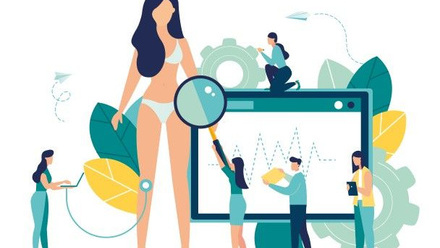Five tips to encourage men to engage with their mental health

Societal expectations don’t help, with men traditionally seen as strong and in control. This pressure to ‘man up’ can make it harder to admit they’re struggling and even add to the mental health issues they’re experiencing.
The difficulties men experience can be seen in research commissioned by the Mental Health Foundation in 2018. This found that although 67% of men said they’d been so stressed in the previous 12 months that they’d been unable to cope, only 24% of them felt able to reach out to friends and family.
Bottling up a problem can have devastating consequences. Government figures show that men are three times more likely than women to die by suicide, with those in the 45-49 age bracket at the highest risk. What’s more, the latest statistics show that the suicide rate for men in England and Wales in 2019 was the highest for two decades, with all the uncertainty around job security resulting from the pandemic potentially pushing this higher still.
Given these statistics, employers have an important role to play in helping men engage with their mental health to enable them to feel able to seek support. Shifting societal expectations isn’t easy, but these tips can help to get things moving.
1. Create the right culture
An open and supportive culture where mental health is seen on a par with physical health will encourage more men to talk about any problems they’re experiencing. Flagging the support that’s available, training line managers to recognise the warning signs and supporting mental health awareness events, such as Time to Talk Day in February, Stress Awareness Month in April and World Mental Health Day in October, can all help to set the right tone.
2. Look to leaders for support
With societal expectations putting additional pressure on men to suppress their emotions, role models that demonstrate that anyone can experience mental health problems can be incredibly powerful. Senior executives talking about their experiences with mental health can really help to break down taboos.
3. Make it relevant
The sports field can also provide valuable inspiration. Heads Up, a campaign from Heads Together and The FA, turns to footballers to encourage everyone to feel comfortable talking about their mental health. Legal & General’s Not A Red Card initiative works with sports personalities to encourage businesses to talk about mental health in the workplace.
Former Olympic champion and Not A Red Card Ambassador Rebecca Adlington recently took part in REBA’s Employee Wellbeing Congress. She delivered a session on how to avoid burnout, which can be watched by visiting the video library on the Employee Wellbeing Congress platform. For those yet to register you can do so here.
4. Ensure diversity
Having mental health champions and first aiders can help to create the right culture and encourage employees to seek help, but diversity is essential when recruiting these individuals. Having representatives from different parts of the business, seniorities, ages and genders will ensure that more employees feel there’s someone they can connect with.
5. Provide the right tools
The support that can benefit employees’ mental health is as personal as the types of issues they might experience so make sure you provide a range of different tools. Alongside employee assistance programmes, these could include mental health resilience training, mental health apps, mindfulness sessions and links to external support agencies. Having this variety of support mechanisms will make it easier for men to look after their mental health and to reach out if additional support is required.
This article is provided by L&G.
Supplied by REBA Associate Member, Legal & General
One of the UK's leading group protection providers with over 85 years' experience.







